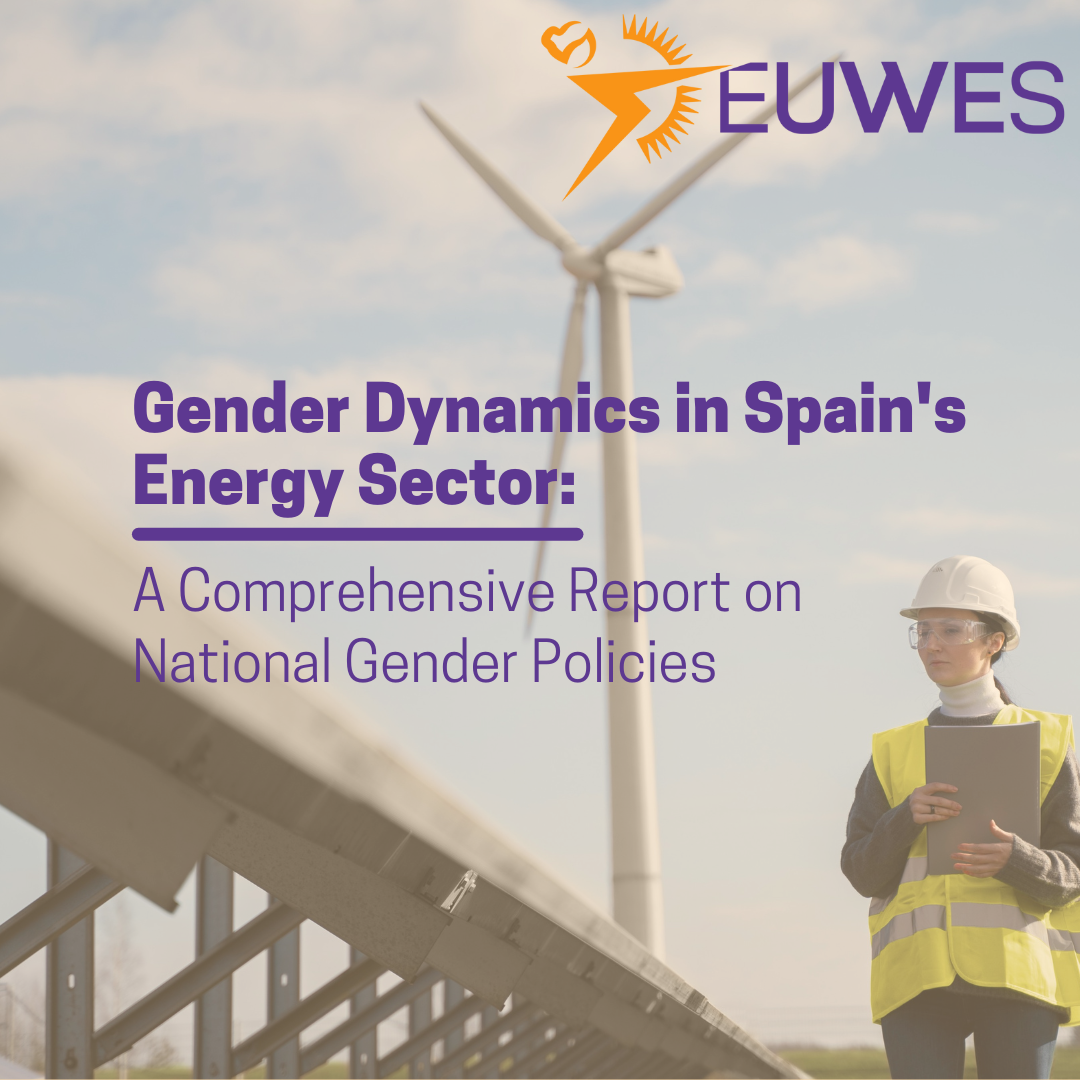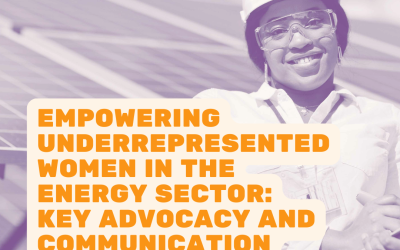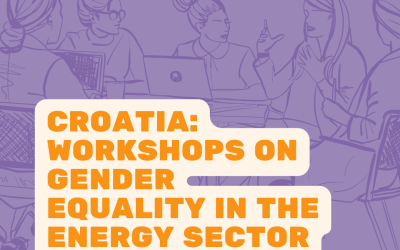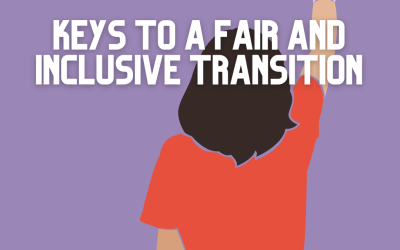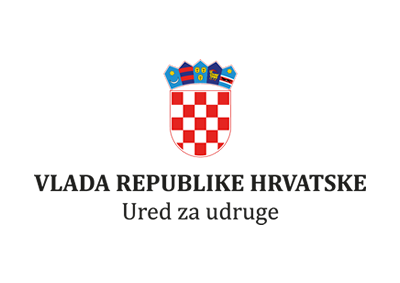Enginyeria sense Fronteres presents a report evaluating the practices and policies of the energy sector of Spain from a gender perspective.
The report “Mapping energy and gender policies in the Spain” indicates that the representation and participation of women in the workplace in the energy sector is much lower than that of men, with 78.4% fewer women in the sector who, in addition, suffer a salary gap of -14.7% for positions similar to their colleagues. In this sense, the energy transition is assumed in public policies as an opportunity to reverse this trend. However, although the representation of women employed in renewable energies is somewhat higher, at 16.5%, it is still an unfavorable figure.
On the other hand, the creation of new jobs in the just transition between 2015 and 2022 has been concentrated in highly qualified positions, but, at the same time, in these categories the incorporation of women is significantly lower. In fact, it is notable that the participation of women in technical educational programs, such as the branch of Engineering, industry and construction, is only 31% among undergraduate students. However, just as in jobs, there is greater interest in those degrees related to environmental sustainability.
In this way, it becomes evident that public policies on gender equality are not managing to permeate the energy sector, while the representation and participation of women in economic and educational spheres continue to be far below parity criteria. According to the evaluation carried out within the framework of the report, the inclusion of the gender perspective in energy policies is, in many cases, in the form of promoting the participation and leadership of women in new jobs for the energy transition. In other words, the structural causes for the eradication of inequalities in the sector are not addressed.
All in all, the report “Mapping energy and gender policies in the Spain” concludes with a series of recommendations, including, for example, the need to increase knowledge about equality and equity in the energy sector, both in the field of employment and salaries as well as in the educational field, in the political field, or in the impacts of the model in the form of energy poverty; as well as expanding training curricula in all studies linked to energy so that they are transformative, placing energy as something essential for life and, therefore, in care, and recognizing its social and environmental impacts; or the inclusion, in the definition of energy policies and plans, of organizations and social movements in the field of energy, environmental justice and defense of energy rights, among others.
The report “Mapping energy and gender policies in the Spain” is part of the Empowering Underrepresented Women in the Energy Sector (EUWES) project carried out together with Društvo za oblikovanje održivog razvoja (DOOR) in Croatia, Women Engage for a Common Future (WECF) in Germany and Focus in Slovenia and is funded by the European Union.
Download the report here:
English
